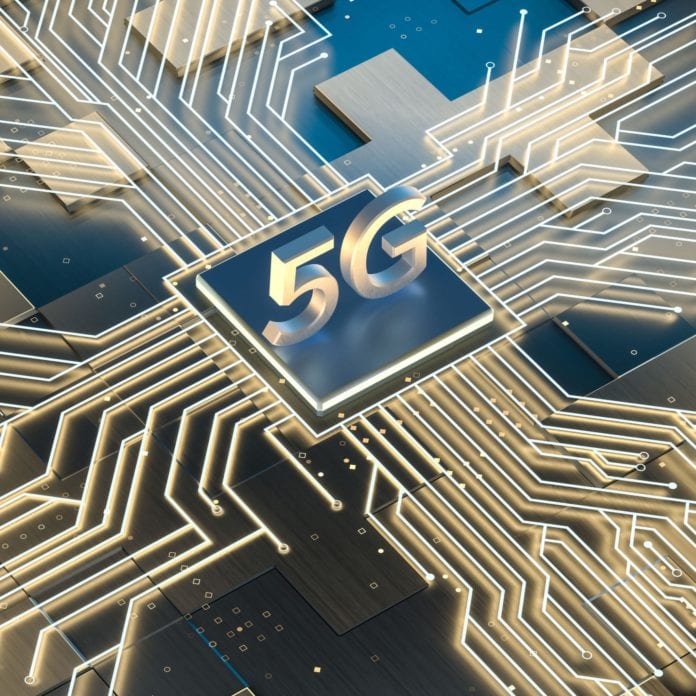U.K.-based chip designer Arm has instructed its staff to suspend business with Chinese vendor Huawei, the BBC reported, citing an internal memo.
In the internal document, Arm urged employees to halt “all active contracts, support entitlements, and any pending engagements” with Huawei and its subsidiaries, in order to comply with a recent U.S. trade ban imposed by the U.S. government.
In the company memo, Arm noted that its designs contained U.S. origin technology. Due to this, the U.K. firm believes it is affected by the Trump’s administration executive order.
Arm’s designs form the basis of most mobile device processors worldwide. According to an industry analyst, Arm’s decision will negatively impact Huawei’s ability to develop its own chips, many of which are currently built with ARM’s underlying technology, the BBC reported.
“Arm is complying with the latest restrictions set forth by the U.S. government and is having ongoing conversations with the appropriate U.S. government agencies to ensure we remain compliant,” the company said in a statement. “ARM values its relationship with our long-time partner HiSilicon [Huawei’s chip unit] and we are hopeful for a swift resolution on this matter.”
“We value our close relationships with our partners, but recognise the pressure some of them are under, as a result of politically motivated decisions,” Huawei said in a statement.
“We are confident this regrettable situation can be resolved and our priority remains to continue to deliver world-class technology and products to our customers around the world,” the vendor added.
Headquartered in Cambridge, Arm employs 6,000 workers and has eight offices in the U.S. Arm was acquired by Japanese telecoms giant SoftBank in 2016.
Last week, the Trump administration confirmed that the U.S. Department of Commerce has added Chinese vendor Huawei to its so-called “Entity List”, a decision that effectively banned the company from buying parts and components from U.S. companies without government approval.
Under the order, Huawei will need a U.S. government license to buy components from American suppliers. The DoC said that a license may be denied if the sale or transfer would harm U.S. national security or foreign policy interests.
Following this order, U.S. chipmakers including Intel, Qualcomm, Xilinx and Broadcom have told their employees they will not supply Huawei until further notice.
Also, Google has suspended the transfer of hardware, software and technical services to Huawewi as a consequence of the ban.
Earlier this week, the Trump administration announced that it would ease certain export restrictions recently imposed on Chinese vendor Huawei Technologies, in a move to give operators time to make other arrangements, the entity said in a release. The government said that the new measure will be valid for three months.

